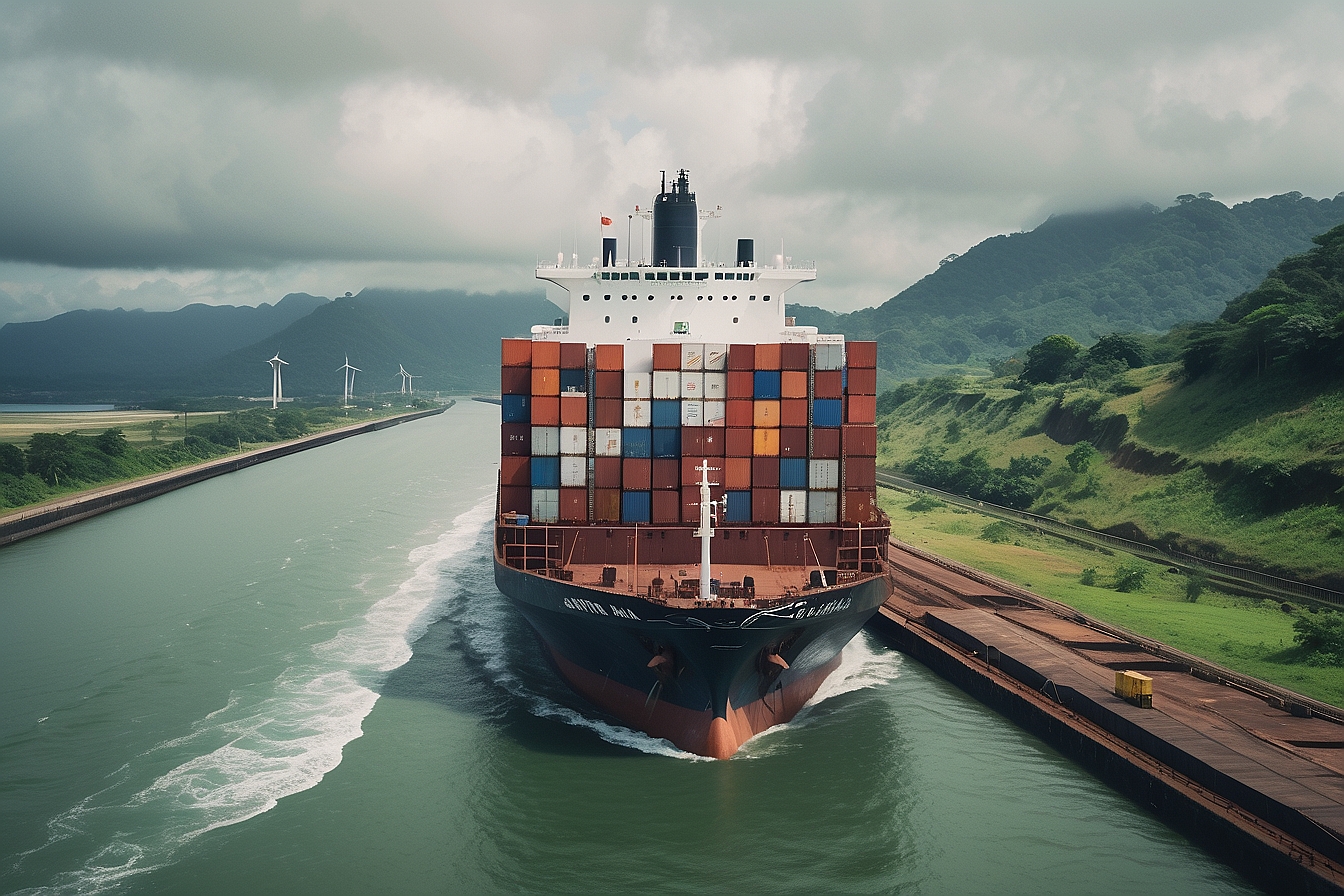The Development Trends in the Shipping Industry in 2024
Source: 5688.cn
According to Keystone Law, the European Union's shipping emission trading system, the resurgence of piracy, and the implementation of electronic trade documents are key trends to closely monitor in the new year.
In the past year, the shipping industry has faced multiple challenges, including global conflicts leading to increased costs and supply chain disruptions, a greater push for sustainability, and the gradual (and skeptical) adoption of technological advancements. These challenges will continue to accelerate and impact the shipping industry in 2024.

EU Emission Trading System
Starting from January 1, 2024, ship operators will be required to purchase carbon credits on the European Union Emission Trading System (EU ETS) for ships calling at least one port in the EU. Initially, operators will need to purchase credits reflecting 40% of the emissions produced during voyages, with this percentage increasing annually until 2027 when, in certain cases, operators may need to buy credits reflecting 100% of the emissions. Operators must also monitor and report the emissions of their ships.
In charter agreements, shipowners are responsible for purchasing these credits, but they can effectively pass on the cost of these credits to lessees since they result from the lessee's use of the vessel. Disputes may arise in time-charter agreements, as the quantity and cost of carbon credits required for a voyage are said to derive not only from the lessee's use of the vessel but also from the vessel's condition—potentially leading to disputes post-charter and poor performance if purchased credits reflect the actual emissions of the ship.
UK Electronic Trade Documents Act 2023
Another modernization and decarbonization measure is the adoption of electronic bills of lading. The UK's Electronic Trade Documents Act 2023 aims to facilitate the transition from paper bills of lading (and other related transport documents) to electronic bills. Unfortunately, this poses a chicken-and-egg problem. Considering the risks of hacking and other related cybercrimes, the act requires the establishment of a "reliable system" to ensure the security of electronic bills. While many electronic bill platforms/systems have existed for some time, what constitutes a "reliable system" will be clarified by UK courts at an appropriate time, as the reliability of any such system is likely to be contested. This will take time, and the uncertainty of the transition period is likely to slow down the adoption of electronic bills—although operators generally won't fundamentally oppose the transition to electronic bills, some operators may prefer to wait until the courts provide a more detailed definition of a "reliable system" and other jurisdictions compile legal frameworks for electronic bills.
Resurgence of Piracy
A challenge that emerged at the end of 2023 and will persist into 2024 is the resurgence of piracy in the Red Sea. Many well-known operators have opted to bypass the Suez Canal and navigate around the Cape of Good Hope instead, increasing voyage time and costs. While the safety of the crew should be paramount in route decisions, considering the additional time and costs associated with rerouting, disputes may arise between shipowners and lessees regarding when (and under what additional protection/assistance) it is safe to pass through the region.

Shipping companies need to prepare and establish frameworks to address these challenges in 2024 while capitalizing on the opportunities brought by advanced technology.
Disclaimer: This message has been reprinted from other media, and its publication is for the purpose of conveying more information, and does not imply agreement with its views or confirmation of its description. The content of the article is for reference only and does not constitute any suggestions.


 Tel:86–21–61420605
Tel:86–21–61420605 Fax:86–21–61420605
Fax:86–21–61420605 Email:keven_yang@master-log.com
Email:keven_yang@master-log.com